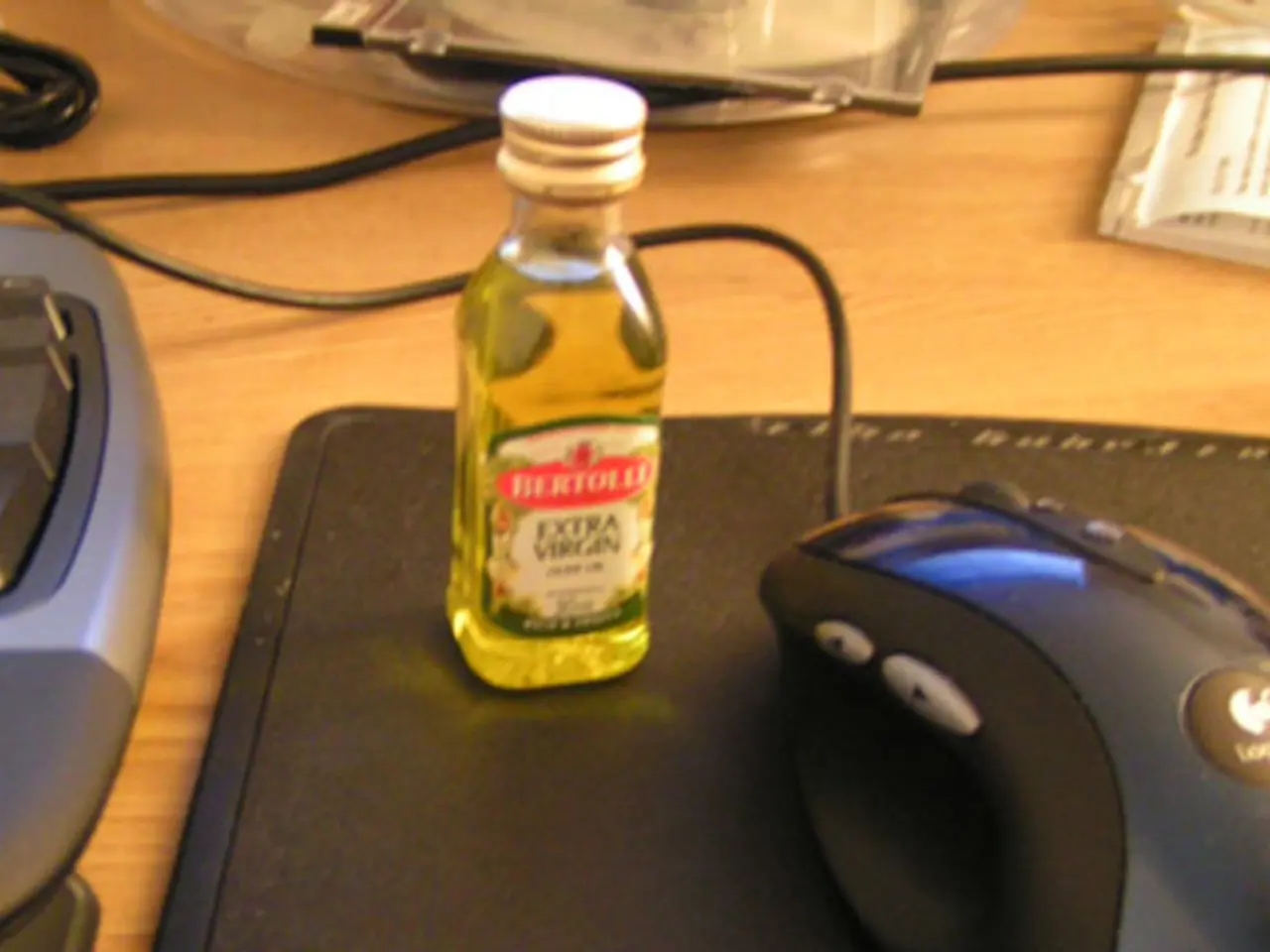Strategies for Efficient Time Off: Tips for Making Your Breaks More Effective
In the heat of the reading period, maintaining productivity and well-being can be a challenge. However, finding a balance between study time and self-care is crucial for sustained productivity and overall well-being.
To effectively manage study time and self-care during exam periods, it is advisable to create a well-structured schedule. This schedule should allocate specific times for studying, breaks, and self-care activities like rest, exercise, or relaxation. Prioritizing proper sleep and mental health by setting boundaries to avoid overload and burnout is essential. Planning tools such as calendars and apps can help stay organized and manage time efficiently, incorporating intentional breaks to refresh focus and reduce stress.
Key strategies include time management, taking intentional breaks, practicing self-care, setting boundaries, staying organized, and acknowledging stress. Time management involves developing a realistic study timetable tailored to your exam schedule, using techniques like time-blocking or the Pomodoro Technique to maintain focus and productivity. Taking intentional breaks means switching subjects, engaging in light physical activity, or doing enjoyable activities during breaks to reset your mind and prevent burnout. Self-care involves setting aside time for activities that reduce tension such as meditation, a bath, or a leisurely walk, helping to alleviate physical and mental stress. Setting boundaries designates clear start and stop times for study sessions, including non-negotiable sleep periods, which are crucial for cognitive function and emotional resilience. Staying organized keeps your study space tidy and uses planners or digital calendars to track assignments, exams, and social commitments, reducing anxiety and last-minute cramming. Acknowledging stress recognizes signs of burnout or anxiety and considers seeking professional support if needed.
It is important to find a balance between studying and taking breaks to refresh oneself. However, it is also crucial not to waste time during breaks by checking social media or falling into an internet hole. Unrealistic goals can lead to stress and decreased productivity, so it is essential to set realistic expectations and avoid withdrawing from non-mandatory activities or commitments during exam periods. This practice of withdrawing has oftentimes proven to be counterproductive as the extra study time comes at the cost of activities that refresh the individual, leading to burnout.
The balanced approach promotes sustained productivity, reduces exam-related anxiety, and helps maintain overall well-being during intense study periods. For more insights on staying productive during finals, check out the article "How to Stay Productive at Home During Finals" in "The Writing Process".
Alexandra Koskosidis, the Engineering Correspondent, covers this topic in "Student Life". Another relevant article titled "The Eternal Struggle Between Academics and Extracurriculars" is published in "Junior Paper (JP)".
Read also:
- Overcoming Yielding Regulations Hurdles in Indian Export Sector for EU Markets
- Shaping production and consumption tendencies via cosmetic certification
- Transgender individuals' journey towards aligning their gender identity: Key aspects
- Research Reveals Potential for Producing Fuel from Invasive Plant Species







